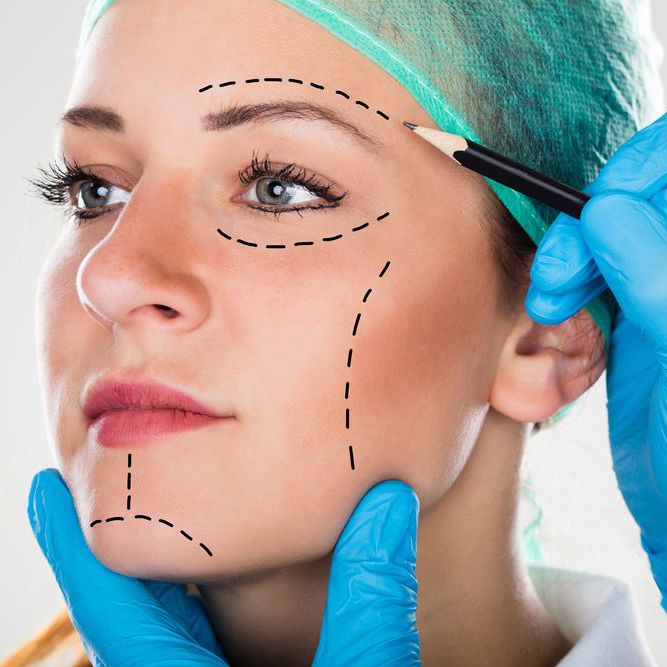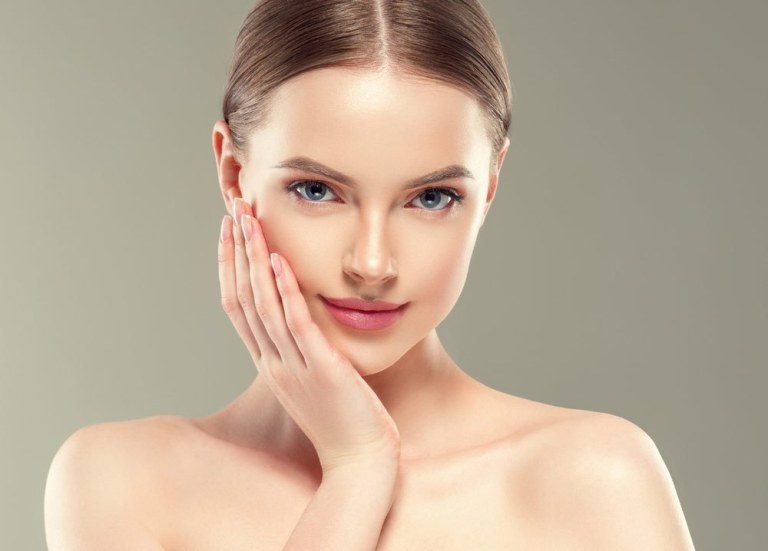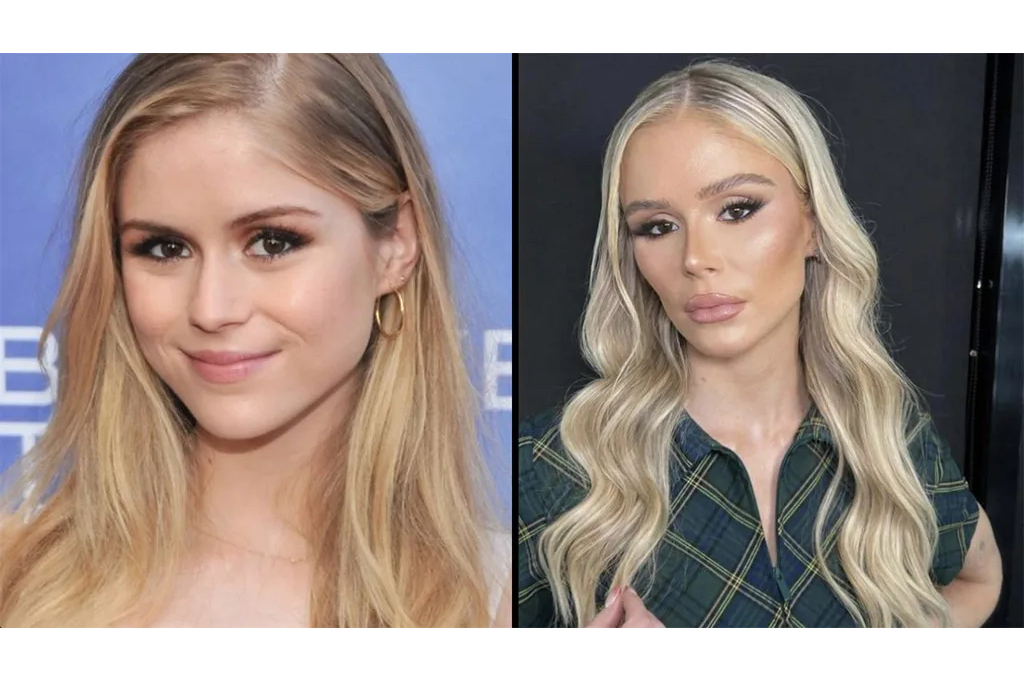Investigating the Mental and Social Elements That Drive Individuals to Think About Aesthetic Surgery as a Method of Improvement
The choice to seek plastic surgery usually extends beyond simple aesthetic appeals, linking with psychological and social characteristics that merit extensive exam. Factors such as self-worth, pervasive social beauty requirements, and the prevalent influence of social media sites converge to shape private inspirations for medical improvement. As these impacts become progressively famous, recognizing the underlying cultural and psychological contexts is necessary. What continues to be to be discovered is the profound effect these elements have not only on individuality however likewise on more comprehensive social standards and worths surrounding elegance and approval.
The Duty of Self-worth
Self-confidence considerably influences an individual's choice to go after cosmetic surgical treatment. Individuals with reduced self-confidence commonly view themselves in a negative light, leading to sensations of insufficiency regarding their physical look. This adverse self-perception can drive them to seek surgical treatments as a method of improving their self-image. The desire for renovation in one's appearance is regularly connected to a belief that such adjustments will certainly raise their overall self-worth and confidence.

Eventually, the role of self-confidence in the decision-making procedure regarding cosmetic surgical procedure highlights the complicated interaction in between body photo, personal contentment, and psychological health. Recognizing this relationship is critical for healthcare experts to make certain that clients are making notified choices rooted in practical expectations and emotional wellness.
Societal Elegance Criteria
Influenced by pervasive media portrayals and social stories, social elegance criteria play a vital role in shaping people' understandings of their very own bodies. These requirements are often defined by an idyllic kind of appeal that stresses attributes such as youthful vigor, proportion, and slimness. As these ideals are bolstered via numerous channels, including movie, tv, and advertising, individuals frequently internalize these messages, resulting in frustration with their all-natural appearance.
The implications of these social standards prolong past aesthetic choices; they can affect self-esteem, psychological wellness, and interpersonal relationships. People who regard themselves as dropping short of these criteria might experience feelings of insufficiency, triggering a wish for cosmetic surgery as a method of accomplishing social authorization. This pursuit is frequently sustained by the belief that complying with these perfects will boost not only physical look but additionally social standing and personal satisfaction.

Impact of Social Network
The influence of social appeal requirements is further amplified by the surge of social networks platforms, where curated images and idealized depictions of beauty are common. Users are regularly revealed to filteringed system and modified pictures, which commonly depict unattainable physical characteristics. This direct exposure grows a culture of comparison, leading people to analyze their own look against these often impractical criteria.
Social media site influencers and stars regularly promote cosmetic treatments, stabilizing the notion that surgical enhancements are a practical methods for achieving societal suitables (plastic surgery rancho cucamonga). The exposure of these enhancements can create an assumption that undergoing plastic surgery is a common technique, therefore affecting individuals to think about similar interventions as a pathway to boosted self-worth and social approval
In addition, the interactive nature of social networks permits prompt responses via sort and remarks, better enhancing the desire to comply with prominent elegance criteria. Such interactions can intensify feelings of inadequacy and drive people towards cosmetic surgery as a means of obtaining validation. Inevitably, social media sites plays a crucial function in forming perceptions of beauty, which considerably influences the decision-making processes bordering plastic surgery.

Cultural Point Of Views on Look
Across numerous societies, assumptions of appearance are deeply rooted in historic, social, and economic contexts, forming individuals' views on elegance and value. In numerous cultures, look acts as a substantial marker of identity, affecting social status, professional opportunities, and individual connections. As an example, in some cultures, light skin is typically connected with riches and advantage, while others might idealize darker complexion as icons of toughness and credibility.
In addition, typical appeal standards are commonly bolstered with social stories, media depictions, and family members affects, resulting in differing perfects across different areas (plastic surgery rancho cucamonga). In Western societies, the focus on youth and fitness usually drives individuals towards cosmetic enhancement, while in specific Eastern societies, even more subtle modifications straightened with standard aesthetics may be preferred
Globalization and the proliferation of electronic media have actually further made complex these characteristics, creating a hybridization of charm perfects that goes beyond geographical borders. As people significantly navigate these cultural stories, the stress to conform to specific appearance standards can bring about the need for plastic surgery, reflecting an intricate interaction of personal desires and cultural worths. Recognizing these cultural viewpoints is necessary in attending to the motivations behind cosmetic surgery considerations.
Psychological Impacts of Plastic Surgery
Several people looking for plastic surgery report experiencing profound psychological impacts that can significantly read more change their self-perception useful site and psychological health - plastic surgery rancho cucamonga. The need for physical enhancement commonly originates from underlying problems such as low self-esteem, body dysmorphic problem, or societal stress relating to charm standards. For some, the instant post-operative phase can bring about a momentary increase in confidence and complete satisfaction with their look, cultivating a sense of empowerment
Nevertheless, these positive sensations may not be enduring. Study suggests that while some individuals experience improved self-esteem, others may deal with increased stress and anxiety or clinical depression if their expectations are not satisfied. This inconsistency can develop from impractical perfects perpetuated by media depiction and cultural narratives surrounding charm.
Furthermore, the emotional ramifications of cosmetic surgical treatment expand beyond the person. Relationships with friends and family might be stressed as social dynamics change, leading to feelings of seclusion or alienation. Eventually, the mental impacts of cosmetic surgery are complex and complex, calling for careful consideration by both potential patients and healthcare companies to ensure enlightened decision-making and realistic expectations.
Conclusion
To conclude, the decision to seek cosmetic surgical procedure is substantially affected by a mix of self-confidence concerns, social appeal criteria, and social point of views on appearance. The prevalent reach of social networks even more worsens these stress, promoting impractical suitables that people usually make every effort to attain. Recognizing my sources these social and mental factors is important for dealing with the inspirations behind cosmetic surgical treatment, highlighting the demand for a much more nuanced conversation surrounding elegance and self-acceptance in contemporary society.
The choice to go after cosmetic surgery typically extends past simple visual appeals, intertwining with social and emotional dynamics that merit thorough examination. Ultimately, social media plays a pivotal duty in shaping perceptions of beauty, which considerably impacts the decision-making processes surrounding cosmetic surgery.
As individuals significantly browse these social narratives, the pressure to adjust to specific appearance standards can lead to the desire for cosmetic surgical treatment, showing a complex interaction of cultural worths and individual desires.In conclusion, the decision to seek cosmetic surgical treatment is significantly affected by a combination of self-confidence issues, societal charm standards, and social viewpoints on appearance. Comprehending these social and emotional aspects is necessary for addressing the inspirations behind cosmetic surgical treatment, highlighting the need for a much more nuanced conversation bordering appeal and self-acceptance in contemporary culture.